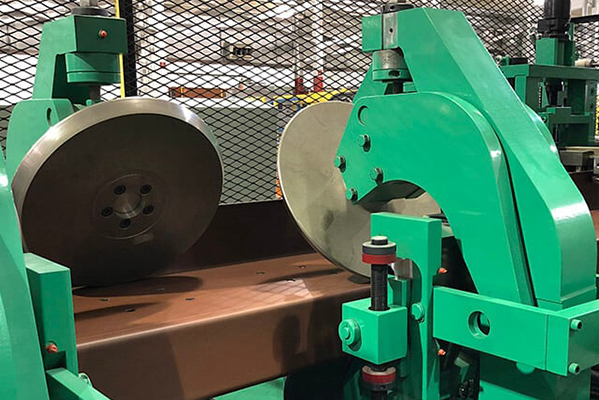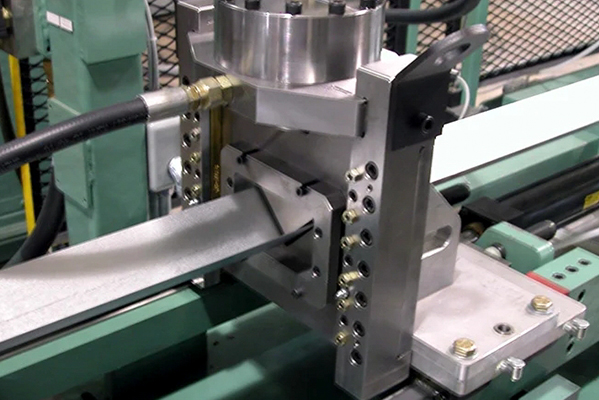Navigation Menu
Contact Us
- Email:
- info@wxavatar.com
- Address:
- Yurong Village, Yuqi Street, Huishan District, Wuxi, China.
Release Date:May 12, 2025 Visit:77 Source:Roll Forming Machine Factory
Roll forming machines are widely used in manufacturing because they offer several practical advantages that make production more efficient and cost-effective. Unlike some other metal-forming methods, roll forming provides unique benefits that cater to various industrial needs. Here’s a closer look at why many manufacturers prefer this process.
1. Consistent and Precise Output
One of the key strengths of roll forming is its ability to produce uniform parts with tight tolerances. The machine shapes metal through a series of rollers, ensuring each piece matches the last. This consistency is especially useful in industries where precision matters, such as automotive or construction.

2. Efficient for Long Production Runs
Once set up, a roll forming machine can run continuously with minimal supervision. This makes it ideal for high-volume production, where speed and reliability are important. Unlike stamping or cutting methods that require repeated tooling changes, roll forming maintains steady output with little downtime.
3. Material Savings and Reduced Waste
Because the process gradually forms metal rather than cutting or punching it, there’s less scrap material generated. This efficiency helps manufacturers save on raw material costs while still producing strong, high-quality parts.
4. Flexibility in Design Adjustments
Roll forming isn’t limited to simple shapes. With the right tooling, it can create complex profiles, including multi-channel designs or varying thicknesses. If a product design changes, adjustments can often be made without replacing the entire machine setup.
5. Lower Secondary Operations Needed
Many roll-formed parts come out of the machine ready for use, reducing the need for additional finishing steps. Some systems even integrate punching, notching, or embossing directly into the forming line, streamlining production further.
6. Durability of Formed Products
The rolling process work-hardens the metal slightly along bends, which can improve strength compared to parts made through other methods. This makes roll-formed components well-suited for structural applications where durability is key.
Final Thoughts
Roll forming machines may not be the flashiest equipment on the factory floor, but their reliability, efficiency, and versatility make them a smart choice for many manufacturers. Whether producing roofing panels, automotive trim, or framing components, this method balances speed, precision, and cost-effectiveness in a way few other processes can match.

For businesses looking to improve their metal-forming operations, roll forming is certainly worth considering.